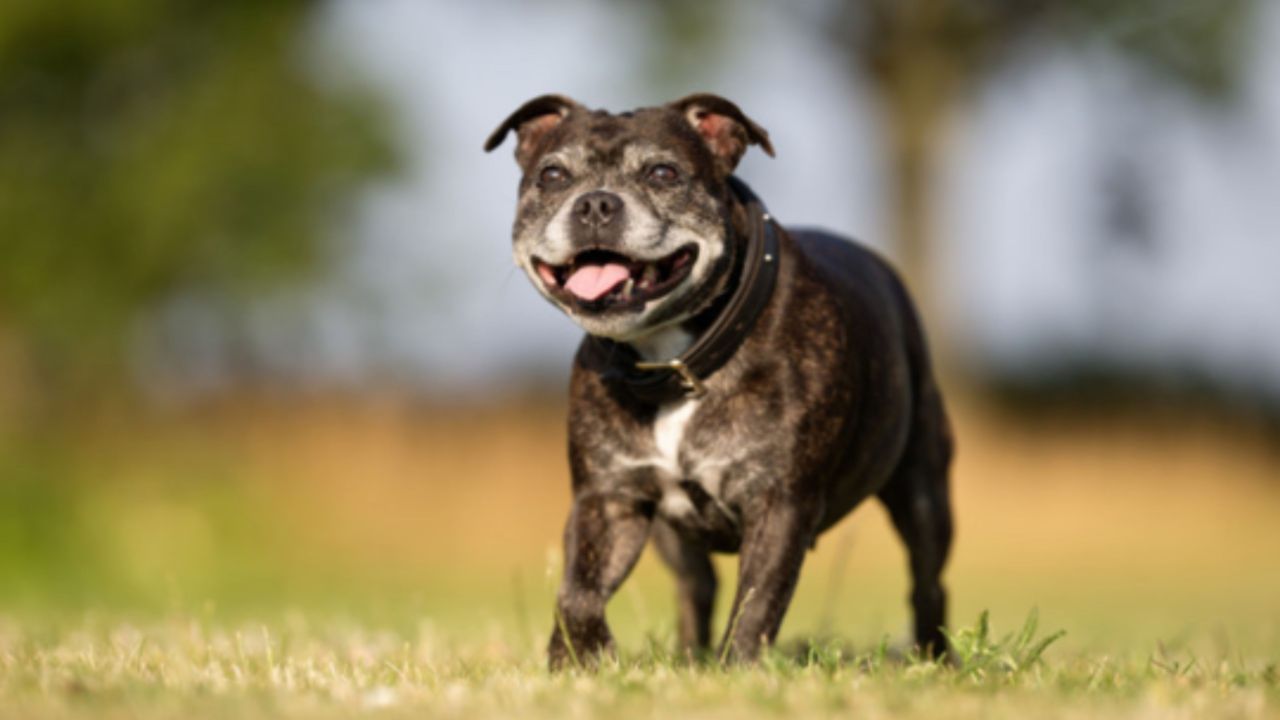Often, we see middle-aged or older dogs or cats starting to show slowness and stiffness, especially in the colder months. This can be a source of pain that affects their quality of life. And too often, we don’t know how to spot signs that your pet is in discomfort.
There is no substitute for the advice of your local vet, and here are some great options available to chat to your vet about to help ease any issues your dog might have as they reach their golden years. What should you look for in your pet and what can you do about it?
Signs of sore joints and arthritis in dogs
If you notice some changes in your dog’s activity levels as they get older - maybe they are moving slower or not running, climbing, or jumping like they used too, it may be time for a vet visit. You vet will be able to check if it is arthritis, which is common in older dogs and causes pain due to the rubbing together of joints, or any other joint issue. Here are some signs that your dog has sore joints including:
|
|
What can I do to make my dog more comfortable?
There are a few ways you can help make your dog comfortable if they are having joint issues. Check with your vet on what the best approach would be.
- Make sure to ask your vet what a healthy weight is for your dog, as any extra weight will add stress on their joints and bones. Diet is extremely important for a dog with arthritis. Look for dry and wet food options that contain a good level of glucosamine and chondroitin which can help with maintain healthy joints and with joint repair (like Orijen Six Fish Dry Dog Food). Most dog foods containing fish are also great for joint mobility as they are rich in naturally occurring Omega-3 and Omega-6 fatty acids and act as a natural anti-inflammatory.
- Make sure your dog has a comfortable and supportive bed to sleep on or choose an orthopaedic beds which are great for dogs with sore joints or arthritis. Heat pad can be great in helping to relieve your dog’s aches and pains, especially in winter.
- There are also joint supplements available to increase the levels of Glucosamine, Chondroitin and Omega 3 in your dog's diet. This can be a good option if your dog is on a specific diet which doesn’t allow for fish.
- Get a ramp for your dog to help with getting in and out of your car. Actions such as jumping into your car boot may cause pain for a dog with arthritis or sore joints. You can also use a ramp in your home to reduce any need for your dog to walk up or down stairs.
Signs of sore joints and arthritis in cats
Often people think that cats will display a limp due to arthritis or sore joints, however this is not always the case. Often, a cat limping is due to trauma such as being hit by a car, stepped on, or due to an abscess. Instead, cats with joint pain or arthritis often display very subtle symptoms. This is because, by nature, cats are designed to camouflage any weaknesses. This is to protect felines from predators, and that is also why a sick cat will often go and hide.
The signs of arthritis in cats can vary, but often include:
- Sleeping more and playing less
- Jumping less often or not as high
- Not wanting to go up or down stairs
- Irritability
- Excessive grooming of painful areas
- Litter box accidents, such as urinating outside of their litter box
- Hiding
- Increased aggression
If you notice these signs in your cat, they may be hiding pain and it is important to talk to your vet. They will be able to diagnose if it is arthritis or a joint problem.
What can I do to make my cat more comfortable?
- Make sure to ask your vet what a healthy weight is for your cat. Diet is extremely important for a cat with arthritis. Just like humans, extra weight can add pressure on sore joints and bones. Look for dry and wet food options that contain a good level of glucosamine and chondroitin which can help with maintain healthy joints and with joint repair (like Orijen Six Fish Dry Cat Food). Most cat food and treats containing fish are also great for joint mobility as they are rich in naturally occurring Omega-3 and Omega-6 fatty acids and act as a natural anti-inflammatory.
- Getting your cat moving can actually preserve their range of motion and lubricate their joints. If your cat is food motivated, try tossing some kibble or treats into an interactive feeding toy to encourage movement.
- Make sure your cat has a comfortable and supportive bed to sleep on. You can also use heatpads to relieve discomfort in your cat, especially during colder nights.
- Joint supplements can also help to support joint mobility in your cat. Look for ingredients like flaxseed and green lipped mussel that contain high levels of Glucosamine, Chondroitin, and Omega fatty acids.
It can be tough to watch your pet's grow older but, with a little support,you can still enjoy the personality and company of your dog or cat well into their later years. If you have any questions about supporting your pet with joint problems or arthritis, don't hesitate to reach out to one of Petdirect's Customer Service Experts on 0800 200 240.
Shop recommendations
